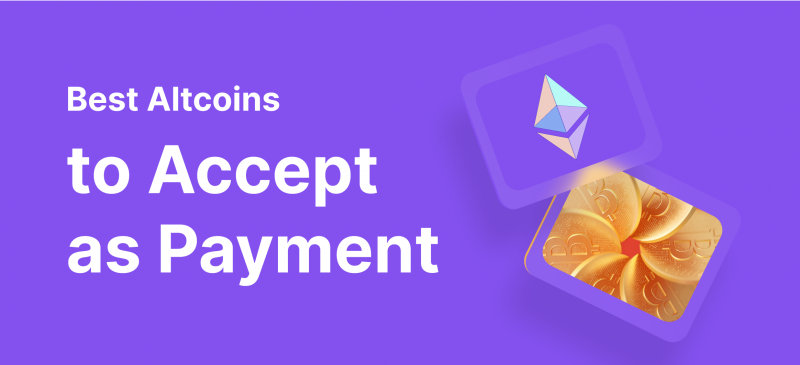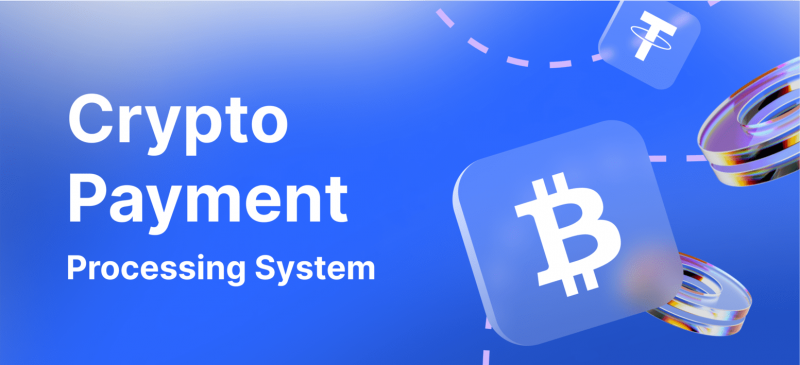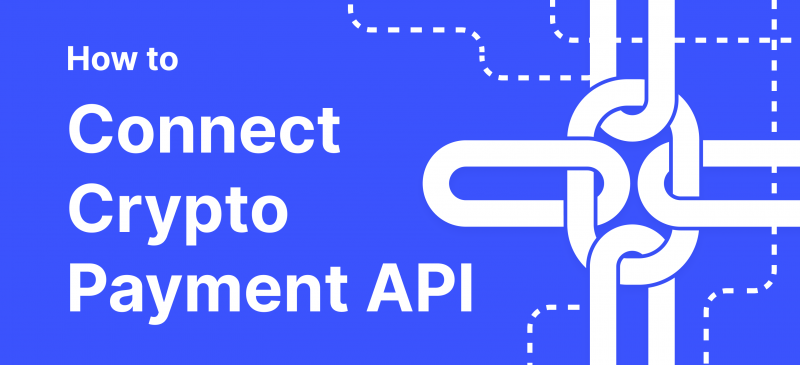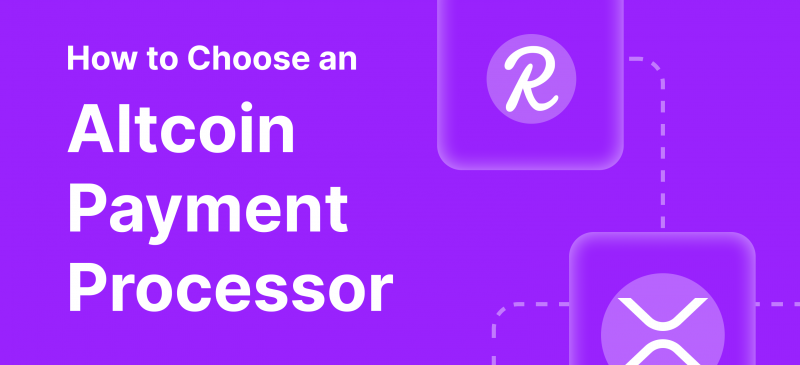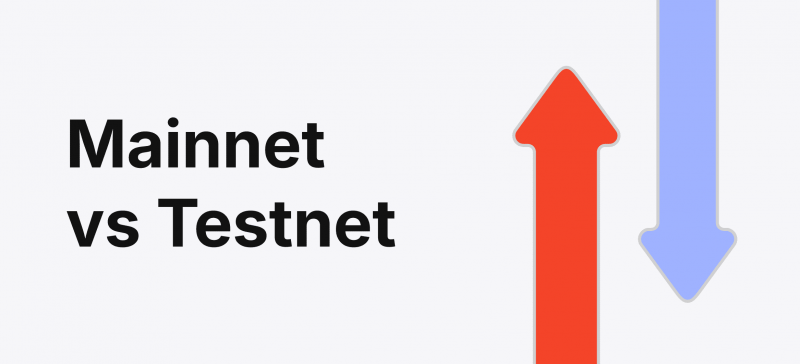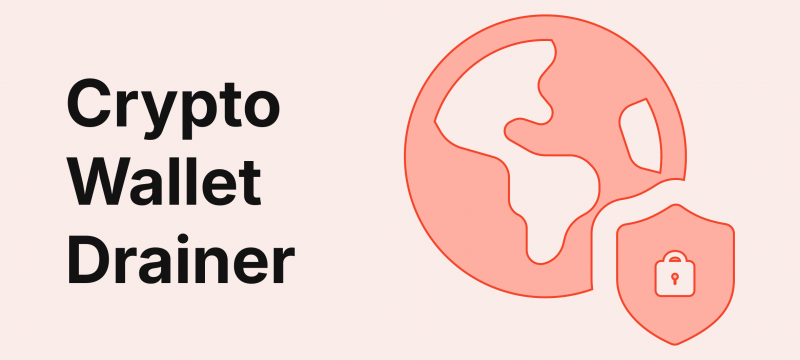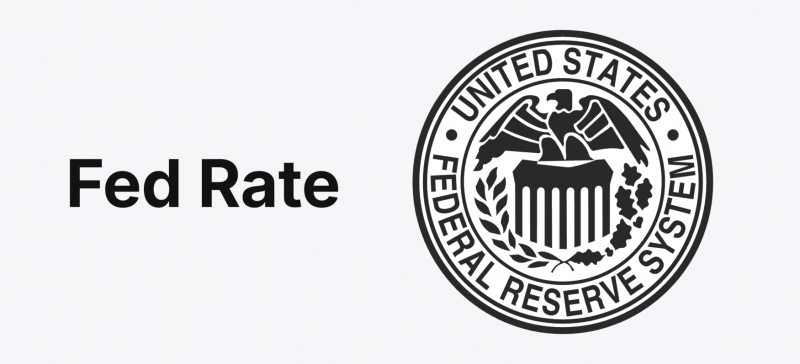Adapting to customers’ changing needs is essential to succeed in the world of commerce. According to a survey conducted by Deloitte in collaboration with PayPal, there has been a significant increase in digital currency use and interest, with 220 million people worldwide using them for all types of purchases. The acceptance of cryptocurrencies as a payment method is also reflected among merchants, with 64% reporting that their customers are interested in using digital assets.
In 2023 and 2024, we see a nearly tripled amount of global merchants accepting Bitcoin, showing the growth and potential of this innovative payment method. However, the industry is not limited to BTC, providing hundreds and thousands of other digital currencies for businesses to explore.
In this article, we will highlight the best altcoins that businesses should consider accepting as payment in 2024.
Key Takeaways
- Altcoins offer businesses lower transaction costs, global accessibility, elevated customer satisfaction, and potentially lucrative new revenue streams.
- Ethereum, Bitcoin Cash, Ripple, Dash, Stellar, Binance Coin, Monero, Zcash, Tether, and Cardano are among the top altcoins businesses should consider integrating for payment.
- Benefits of partnering with a trustworthy altcoin payment gateway include instant conversion to fiat, support for a wide range of altcoins, easy integration, and ensured security and compliance.
Why Should Businesses Accept Altcoins?
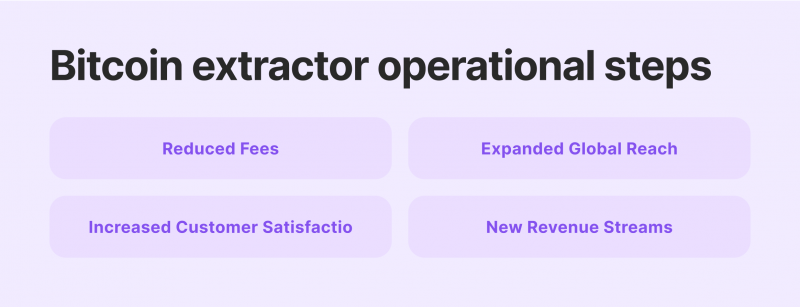
Integration of popular altcoins has become increasingly appealing. Businesses can reap a variety of benefits by adopting altcoin payment processor solutions.
Reduced Fees
Cryptocurrencies often have significantly lower transaction costs than traditional payment methods, such as credit card processors or bank wire transfers, which typically charge between 3% and 5%. A standard altcoin payment provider can offer fees much lower than that, usually less than 1%, saving your business from costly expenses and ultimately boosting your bottom line and increasing profitability.
Expanded Global Reach
The decentralised nature of cryptocurrencies means that they transcend geographical boundaries, making it easier for companies to accept altcoin payments from customers around the world. Global accessibility can open up new markets and revenue streams, allowing you to expand your customer base and tap into previously unexplored opportunities.
Increased Customer Satisfaction
Many cryptocurrency enthusiasts and early adopters prefer to use digital assets for their transactions as they value the convenience, security, and innovative nature of this method. By catering to this growing segment of the market, you can enhance customer satisfaction, foster brand loyalty, and position yourself as tech-savvy and forward-thinking.
New Revenue Streams
Integrating top altcoins as payment options can unlock new revenue streams for businesses, as they can choose to hold the received cryptocurrencies as investments or convert them to fiat currency as needed. Taking advantage of this versatility can help companies weather market fluctuations and capitalise on the growth of the digital asset ecosystem.
Top 10 Altcoins to Accept as Payment
Businesses are faced with a wide array of altcoin options to consider for their processing needs. To help you navigate this dynamic landscape, we’ve compiled a comprehensive overview of the best altcoins 2024 that businesses should consider accepting as payment.
Ethereum (ETH)
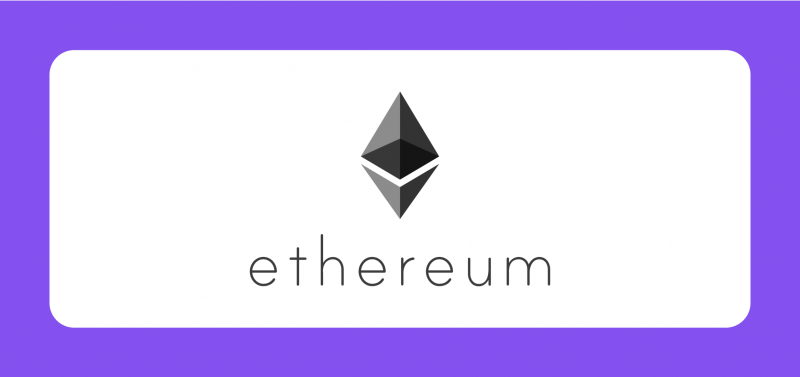
The second-largest cryptocurrency by market capitalisation, Ethereum is a leading contender for businesses seeking to integrate altcoin payments. Beyond its role as a digital currency, Ethereum’s innovative smart contract capabilities, robust ecosystem, and scalability make it an attractive choice for a wide range of industries.
Ethereum’s smart contract functionality allows for the creation of decentralised applications (dApps) that can automate various business processes, from supply chain management to financial transactions. It makes Ethereum a highly versatile platform with endless possibilities for businesses to explore and leverage.
Additionally, the recent approval of Ethereum spot ETFs by the SEC could further boost its appeal to institutional investors and a broader public, potentially driving up demand for ETH and increasing its value. According to K33 Research, Ethereum ETFs could attract an estimated $4 billion in inflows within the first five months of their launch. The influx of capital could create a supply shock for Ether, potentially driving up its price and further solidifying its position as one of the top altcoins payment solutions in the market.
Bitcoin Cash (BCH)
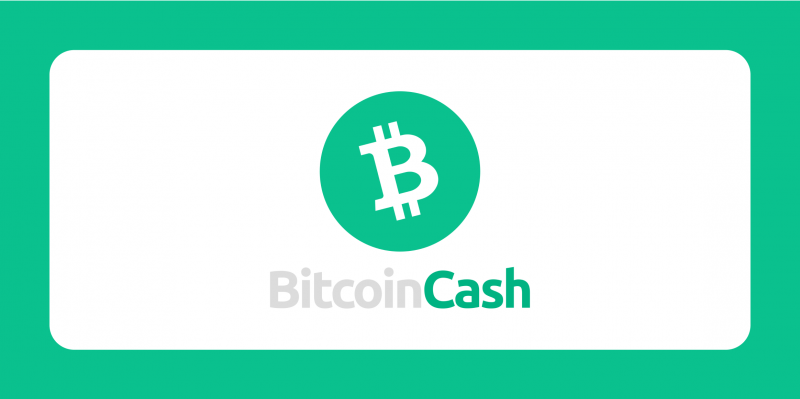
Bitcoin Cash, a hard fork of the original Bitcoin blockchain, has gained traction among businesses due to its low transaction fees and fast processing times. Unlike Bitcoin, which can experience higher fees during periods of network congestion, BCH maintains relatively low transaction costs, making it an affordable option for individuals who transact frequently.
The fee-friendly structure of this coin is particularly beneficial for merchants who want to keep costs down and for customers who want to avoid high fees when making purchases. Additionally, the speed and reliability of Bitcoin Cash transactions make it an attractive option for businesses that require rapid payment processing.
Ripple (XRP)

Ripple’s network is designed for scalability, capable of handling up to 1,500 transactions per second (TPS). This capacity far exceeds that of Bitcoin (7 TPS) and Ethereum (15-30 TPS), making Ripple a suitable choice for businesses that experience high transaction volumes or require a high-throughput payment solution.
Ripple’s focus on cross-border payments and its integration with traditional financial institutions have made it a popular choice for international businesses and those seeking to bridge the gap between the cryptocurrency and traditional banking worlds. Its API-driven approach also simplifies the integration process for businesses looking to add Ripple as a payment option.
Dash (DASH)
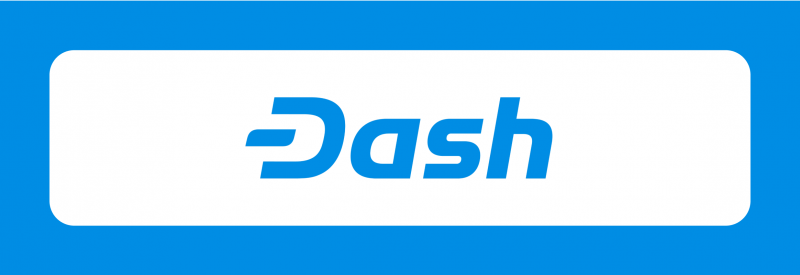
Dash, a privacy-focused cryptocurrency, offers a unique feature called PrivateSend, which enhances transaction privacy by mixing multiple transactions together. This added layer of confidentiality can be particularly appealing to businesses and customers who prioritise financial privacy in their transactions.
In addition to its privacy-enhancing capabilities, Dash boasts fast transaction times and low fees, making it a viable option for businesses requiring efficient and cost-effective payment processing. The Dash network’s focus on user-friendly features and its growing ecosystem of merchants and service providers further contribute to its appeal as a payment solution.
Stellar (XLM)

Stellar is a distributed payment network that aims to connect financial entities and improve access to banking services for those in developing economies. With its low transaction costs, fast processing times, and ability to handle cross-border payments seamlessly, Stellar has become a popular choice for businesses looking to expand their reach globally.
In addition to its practical uses as a digital currency, Stellar also offers a distributed exchange mode that makes it easy for users to send payments in specific currencies while the network automatically performs forex conversions. This feature comes in handy for businesses dealing with international customers or partners.
Binance Coin (BNB)

Binance Coin, issued by Binance, is another top altcoin to consider accepting as payment. Today, it ranks as the fourth-largest cryptocurrency by market capitalisation, after ETH, BTC, and USDT. BNB was created in 2017 as a utility token for discounted trading fees on the Binance platform.
However, its usage has expanded significantly since then, making it a versatile payment option for businesses. Various merchants accept it for goods and services such as travel accommodations, entertainment, online services, and financial purposes.
BNB also has strong fundamentals, with Binance being the most popular exchange in the crypto space. BscScan data shows that the Binance blockchain processed four times more transactions than Ethereum a day in June 2024, making it a reliable option for businesses seeking to embrace altcoins potential.
Monero (XMR)
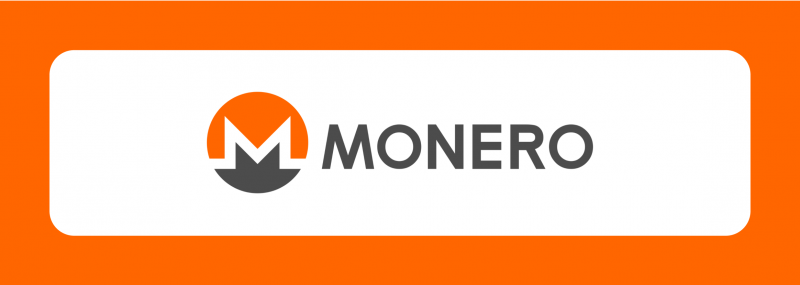
Monero is a privacy-focused cryptocurrency that emphasises anonymity and fungibility. Its unique features, such as ring signatures and stealth addresses, make it difficult to trace individual transactions, providing a high degree of financial privacy for both businesses and their customers.
For businesses operating in industries where privacy and confidentiality are of utmost importance, such as the adult entertainment sector or certain e-commerce niches, Monero can be an invaluable payment option. By integrating Monero, these businesses can offer their customers a secure and discreet payment method, enhancing trust and fostering loyalty.
Zcash (ZEC)

Zcash, like Monero, is a privacy-centric cryptocurrency. It has gained significant traction in recent years as a preferred altcoin for businesses looking to enhance security and protect user anonymity. Built on the Bitcoin codebase, ZEC offers similar features, such as a maximum supply limit of 21 million coins, but with enhanced security protocols.
The use of advanced technologies like Zero-Knowledge Proofs (ZKPs) and SNARKs (Succinct Non-Interactive Argument of Knowledge) enables Zcash to offer unparalleled privacy for online transactions, making it a highly desirable option for businesses that prioritise protecting their customers’ sensitive payment information.
Moreover, Zcash requires 24 confirmations to validate a transaction, providing an added layer of security compared to Bitcoin’s six confirmations. With its focus on privacy and security, Zcash is likely to remain a top choice for businesses looking to accept altcoins.
Tether (USDT)
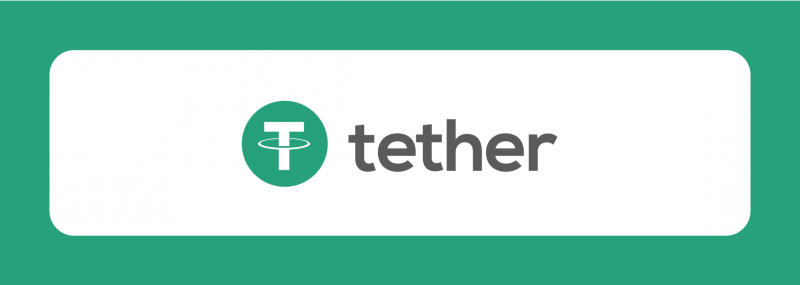
Tether is the leading stablecoin in the cryptocurrency market. Its stability makes it ideal for businesses looking to avoid the volatility associated with traditional cryptocurrencies. USDT’s value is pegged to the US dollar, ensuring that its purchasing power remains relatively consistent.
Tether supports various protocols, including Ethereum, TRON, EOS, Algorand, Solana, and more, making it easily accessible for customers using different blockchains. With its widespread usage and acceptance, USDT is an excellent option for businesses seeking a stable, widely accepted altcoin payment solution.
Cardano (ADA)
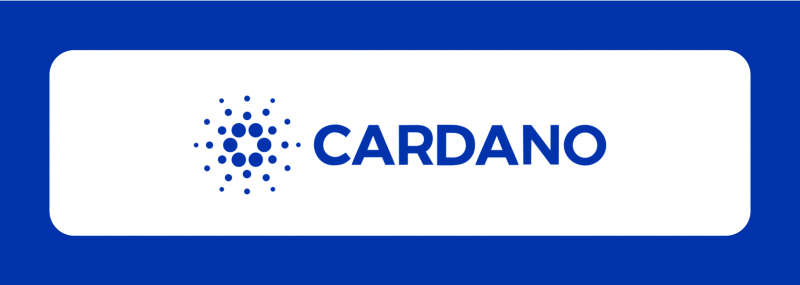
Cardano, a third-generation blockchain network, is designed to address the scalability, interoperability, and sustainability challenges earlier cryptocurrency platforms face. Its unique proof-of-stake consensus mechanism and focus on academic research and rigorous development processes have earned it a reputation for technological excellence and security.
Cardano’s ADA token can be a compelling choice for businesses seeking a reliable, scalable, and future-proof payment solution. Its emphasis on governance, sustainability, and compatibility with existing financial systems make it an attractive option for companies looking to future-proof their payment infrastructure and position themselves at the forefront of the cryptocurrency revolution.
How to Accept Altcoin Payments
Integrating altcoin payments into your business can be straightforward, but it’s essential to partner with a reputable cryptocurrency payment processing system or a gateway to ensure a seamless and secure transaction experience for your customers.
Cryptocurrency payment solutions act as a bridge between your business and the blockchain network, handling the technical aspects of the transaction, such as converting to fiat currency and ensuring the process’s security.
By partnering with a reputable altcoins payment gateway, businesses can benefit from:
- Instant Conversion to Fiat: Cryptocurrency payment processors can automatically convert the received digital assets into your preferred fiat currency, providing you with immediate access to the funds and eliminating the need to manage the volatility of the crypto markets.
- Multi-Coin Support: Leading payment processors offer support for a wide range of altcoins, allowing you to accept the most popular cryptocurrencies with your target audience.
- Seamless Integration: Cryptocurrency processors provide user-friendly APIs, plugins, and invoicing solutions that make integrating altcoin payments into your existing e-commerce platform or website easy.
- Security and Compliance: These service providers ensure the safety of your customers’ transactions by implementing robust security measures and adhering to regulatory requirements, giving you and your customers peace of mind.
Conclusion
Cryptocurrency has brought about a transformative shift in finance and commerce. With altcoins gaining popularity and acceptance, businesses have an exciting opportunity to innovate further and differentiate themselves from competitors.
By incorporating altcoin payment options, companies can tap into various benefits, such as faster transaction speeds, reduced fees, and broader global reach. The diverse range of available altcoins allows businesses to cater to different customer preferences and needs.
Businesses must carefully evaluate each coin’s features and potential use cases to integrate altcoin payments successfully. This way, merchants can ensure that the chosen altcoin aligns with their goals and enhances their brand image as a progressive and forward-thinking organisation.
Collaborating with established cryptocurrency payment processors and gateways can also simplify the integration process and provide customers with a seamless, secure, and efficient payment experience.
FAQs
What is the API for accepting altcoin payments?
API is a software interface that allows different systems to communicate with each other. In the context of altcoin payments, an API refers to the specific set of protocols and tools used by a merchant or platform to accept payments in alternative cryptocurrencies. This enables users to make purchases using altcoins, providing more flexibility and convenience in payment options.
Is it legal to accept crypto as payment?
Many countries around the world allow the use of Bitcoin or other cryptocurrencies to buy goods and services, but there are still no uniform international laws regulating cryptocurrencies. Moreover, some governments ban or restrict the use of crypto, so it’s best to check your local laws before accepting cryptocurrencies as payment.
Why accept crypto payments?
Accepting crypto payments provides an added layer of security for both businesses and customers. It eliminates the need for third-party verification and minimises the risk of data breaches. Instead, transactions are securely recorded on a decentralised network. Additionally, accepting cryptocurrencies can expand your customer base as more people adopt this form of payment.
How can I accept crypto payments?
You can start accepting crypto payments by setting up a digital wallet. Another option is to use a payment processor or gateway that supports cryptocurrency transactions. Research and compare different options to find the best fit for your business. Remember that you may need to comply with regulations and tax laws when dealing with crypto payments.
